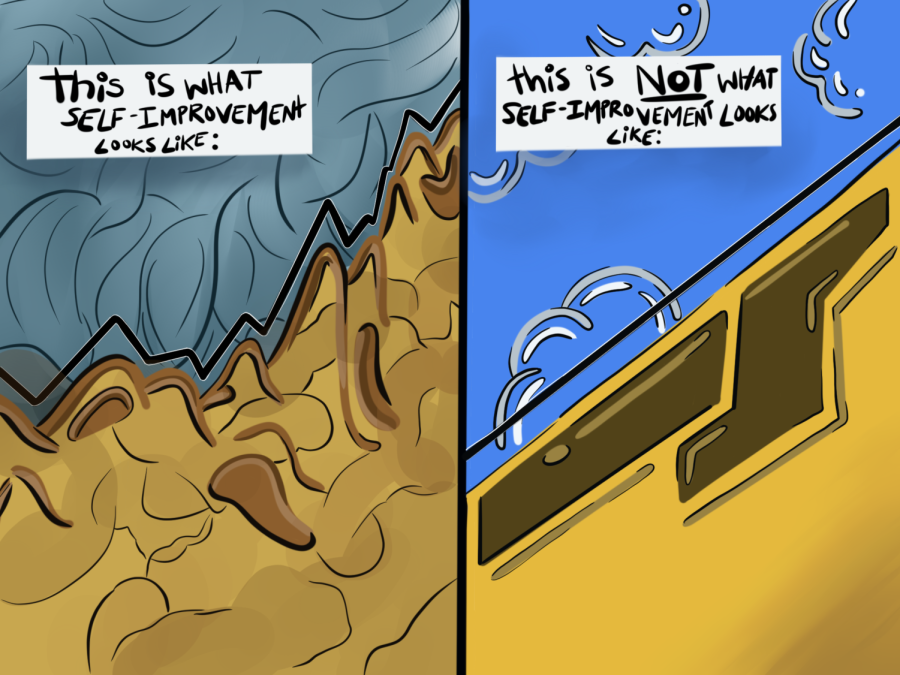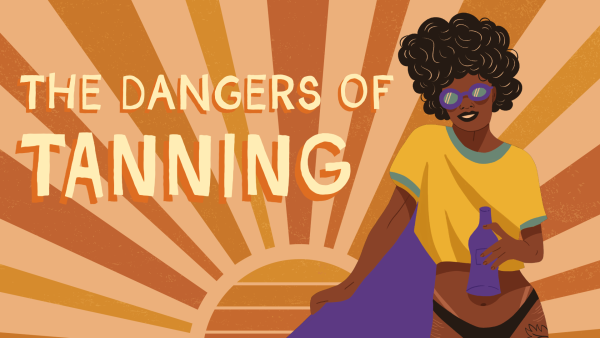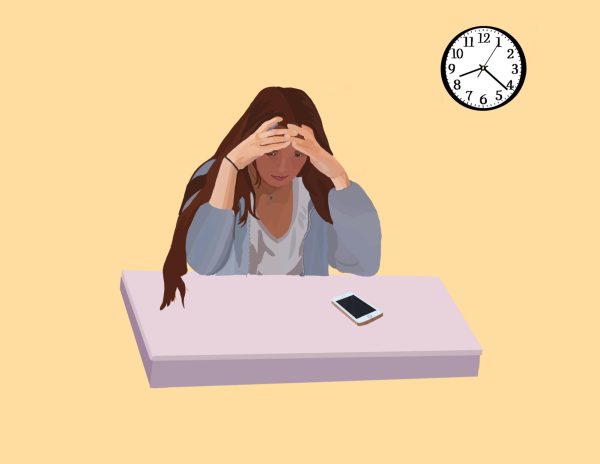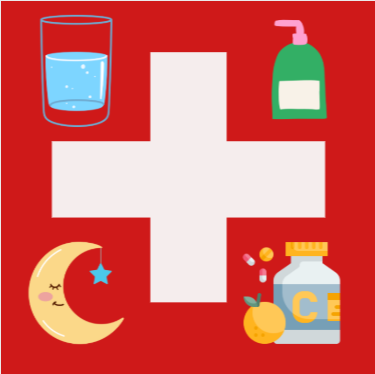Self-Improvement is Too Normalized in Modern Era
As humans, we naturally crave the next big thing—wanting to achieve higher status than peers is a part of nature. It is the sole reason as to why hustle culture, through its variety of standards, has still ceased to exist today. People begin obsessing over improving different aspects of their life to fit their idealistic dream selves through self-help tips, and a strive to follow such restrictions. Rather, following such culture presents pathways to various results: burn out, mental health declines and ceaseless comparison. It jeopardizes the main objective of the mission—to take care of your mind and body, as it is the best thing you can do for yourself.
For those who hope to meet the charisma of society’s standards, the torment of it can materialize quickly. Podcasts, TED Talks, YouTube Videos and TikToks all demonstrate how the mindset can swallow one whole through surrounding yourself with “positive” social media accounts and self-help influencers. The never-ending abyss of content reminds those who open practically any social media app to not give up, as creators post pictures and videos of their own life experiences and journey results. Instead, such “motivation” creates confusion that allowing personal mental breaks is influencing laziness, disregarding what the body needs most after long hours of productivity—rest. The necessity for consistent self-improvement, especially when not allowing yourself typical enjoyable things, forms a deep lack of motivation. On top of that, cravings usually intensify overtime, leading to heavy mood swings and poor mental balance of understanding what is benefitting one’s self and what is not.
Acknowledged or not, every single person has insecurities existing within some aspect of their life. The entire reasoning behind self-help is to present consistent change in people’s personal lives that refines such insecurities to self-love, furthermore guiding an optimistic outlook of life. It requires addiction and dedication that penetrates into a cycle of denying realistic cravings and routines, leaving those entering it hopeful for quick, long-term results. While obsessively targeting and attempting to improve something eventually leads to results, with endless self-doubt follows irrational goals to fix every single problem. Many attempting to improve themselves create such irrational goals from disappointment regarding unexpected results, and from additional insecurities or other problems that build onto such false hope. Instead of promising self-improvement, individuals commonly welcome developments of unconfidence and are even more hesitant about their appearance than how they felt prior.
Self-improvement trending should not be seen as a negative thing—it could even be referred to as one of the practical topics to result from social media. At the same time, it should be kept in mind that social media creators purposefully create colorful and attractive posts to lure viewers into the illusion that the life of a creator is possible. This trend and social media overall can, in most cases, be one of the most unrealistic aspects of the internet. Comparison emerges from these platforms that makes a typical life seem bland and unappealing, opening a door for inadequate feelings. The fact should be acknowledged that, as human beings, it is not in our nature to constantly push one’s self to improve. Perfection is improbable and is sadly a goal most of us attempt to achieve—instead, attempt to focus on giving yourself mental breaks and appreciate where you are, as everyone deserves to treat themselves with composure.

Ciara Foley, class of 2024, is the Editor-in-Chief of The Searchlight. At Walpole High School, she plays for the volleyball team and runs Track and Field....












